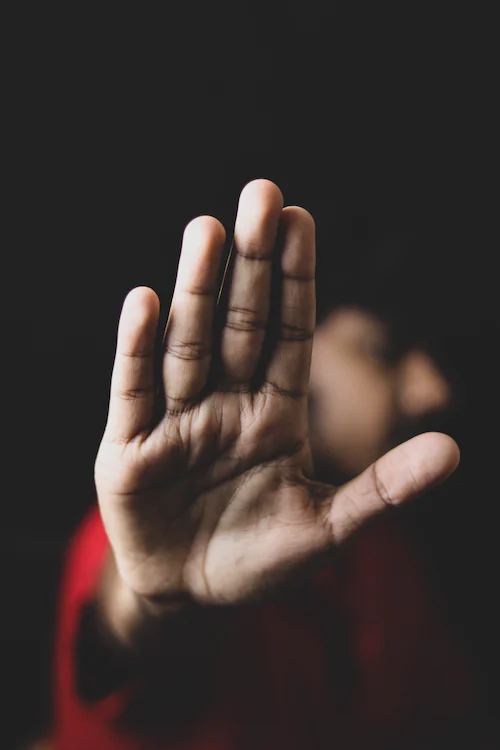
By Jeff J. Horn – Divorce Attorney
Domestic Violence – Protect Yourself
Domestic Violence – Protect Yourself from Abusers. Get Strong & Retreat. Are you a victim of domestic violence? Listen to your friends and family and seek help. The domestic violence restraining order protects victims and you must organize your story, medical reports, police reports, photographs of injuries and damaged property, and cards or notes of apology. Retreat from the situation. Statistics show victims are at greatest risk upon leaving their abuser‘s control. Have an emergency plan in place, such as a cell phone, a network of people who know where you are, and money/credit for living expenses in case of a hasty retreat. Get the help you need and protect yourself.
Get Strong
If you are the victim of domestic violence, you must get strong. Strong enough to decide the threat level is dangerous, strong enough to run away from your abuser, and strong enough to testify on your own behalf. The domestic violence restraining order protects the articulate and clear-thinking victim. Organize your story chronologically, and gather medical reports, police reports, and photographs of injuries or damaged property. Save cards or notes of apology. If you are in real danger, protect yourself. Do not use the domestic violence restraining order process to gain an advantage in the divorce.
Domestic violence strikes the victim without notice or opportunity to prepare. Decision-making for the victim is often very difficult. Likewise, perpetrators of domestic violence do not plan their conduct carefully, except in the rarest of circumstances. Violence in romantic relationships is very different from other sources of violence between unacquainted or less intensely acquainted people. All violence is ultimately about power — one person asserting the right to exercise power and control over another. Domestic violence occurs in the context of a relationship where one person has already or is in the process of exercising power over the other in ways short of violence.
Violence’s Power – Protect Yourself
For both parties, the last fight or the most violent fight is a culmination of events that encompasses the entire relationship between the people. With the perpetrator, the violence is the focal point for frustration over an inability to resolve all of the relationship problems. For the victim, it is a feeling of punishment for all of the mutual failings of the relationship. When victims recognize the intent of the perpetrator, the relationship will end. When victims do not, they blame themselves.
Mutual Retreat
When you are a victim of domestic violence, you may be the last to know. This is a time when listening to others is most helpful. If your friends or family are concerned for your safety, at least humor them by seeking the advice of a counselor. Every courthouse has resources to refer potential domestic violence victims. This is also an ideal time to consider an evaluation by a psychological therapist.
If you have been controlled throughout a relationship, even a short relationship, you may be a victim of domestic violence and need to get out of the relationship without even understanding the extent of your abuser’s control. When your spouse constantly puts you down, physically or mentally, criticizes your every suggestion, and minimizes your importance to the relationship or to society in general, you must seek independent advice about the relationship and whether it is on the verge of turning into physical violence. If it is, your best bet is retreat.
Retreat means not running away from the problem per se, but retreating from circumstances in which you can be mentally or physically abused. Retreat means retreating to safety. Statistics state that the abused person is at greatest risk upon leaving the abuser’s zone of control. Be careful, be thoughtful, keep good company, and be prepared with some emergency plans, such as a cellular telephone, a network of people who know where you are but will not relay that to the abuser, and some money or credit available for you and your children’s living expenses in the event of a hasty retreat.
NJ Office of Attorney General Domestic Violence Resources
Domestic Violence Do’s and Don’ts
Divorce Anger Leads to Bad Decisions
Thanks to Horn Law Group, LLC intern Noah Hilsdorf.

